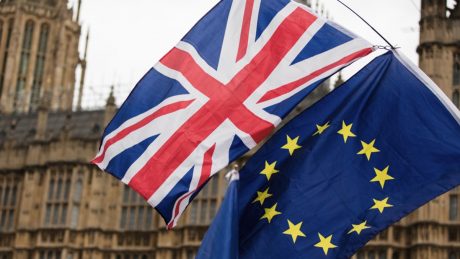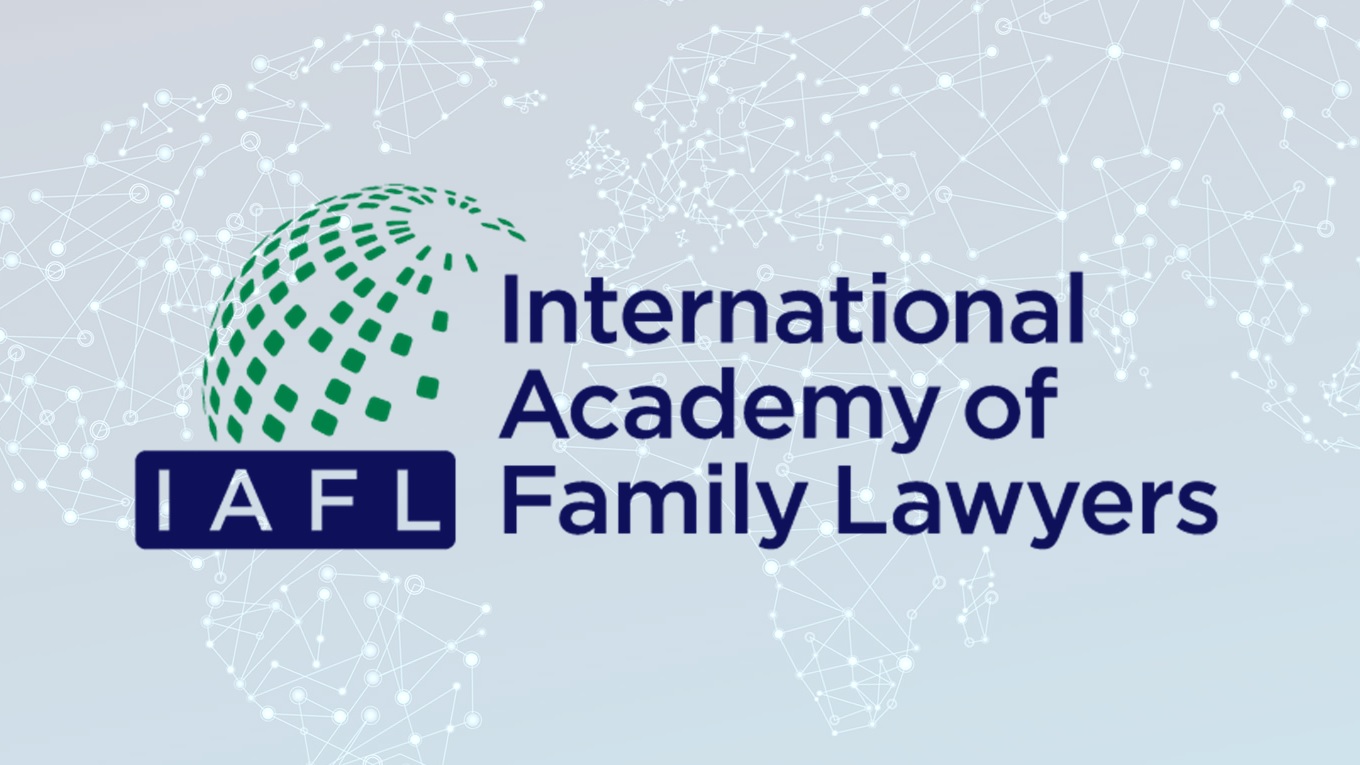On 20 October 2022, Divorce and Family partner Lisette Dupré hosted a webinar on LexisNexis discussing the key differences in divorce and finances following the UK’s exit from the EU. Alongside Dawson Cornwell partner Carolina Marín Pedreño, Lisette considered how the ‘new’ law has been working in practice for divorce and family practitioners.
The full hour-long webinar is available to watch back for LexisNexis Webinars subscribers here. A preview video is below.
Key points
Much remains uncertain about how Brexit will affect family law, and questions around enforceability of orders will be among the most pressing concerns for family lawyers and their clients in the immediate future. There are differences even between law in Scotland, and England and Wales Another interesting development is a new Court of Justice of the European Union (CJEU) decision addresses habitual residence, covered in more detail in the webinar.
In England and Wales, jurisdiction for maintenance is no longer pursuant to the EU Maintenance Regulation 4/2009, replaced by an array of jurisdictional grounds; there is no provision in statute for variation applications.
Lawyers cannot always predict how other States will handle competing jurisdiction cases. Certain states may place importance on which was first to issue, making speedy advice from foreign lawyers even more crucial. Family lawyers working in tandem must take a holistic view of cases, going beyond quantum to consider other factors including jurisdictional rules, costs, enforcement and disclosure. The race for jurisdiction may not end with filing for divorce and maintenance, as a race to a decision may follow.
How has the law changed?
Since the UK’s departure from the EU:
- New divorce jurisdiction follows Article 3 Brussels II Revised but with sole domicile as an equal basis.
- The divorce forum is decided on the basis of the common-law test of closest connection, forum non conveniens.
- Maintenance recognition and enforcement is likely to be conducted under the 2007 Hague Convention.
- There is wider jurisdiction for Schedule 1 claims than previously.
- For Part III claims, the Maintenance Regulation jurisdiction has been removed.
- Article 7 of the Maintenance Regulation (forum necessitatis) has been removed, causing potential problems for those with English pensions conducting proceedings in other jurisdictions.
- English decisions around choice of court clauses in nuptial agreements may be not be enforceable in EU member states.
Lugano 2007
The UK first applied to re-join the 2007 Lugano Convention (Lugano) post-Brexit in early 2020, but the European Parliament’s Briefing on 18 November 2021 confirmed that the UK was not being permitted to re-join ‘for now’.
Lugano is an international treaty clarifying court jurisdiction in cross-border civil and commercial disputes. The treaty offers direct rules on jurisdiction for maintenance, and so the UK re-joining may mean a return to Lis Pendens for maintenance claims. Questions would follow about provision for recognition and enforcement of decisions: would Lugano take precedence over Hague 2007, or could litigations choose which convention to use?
How has the new law been working in practice?
It is difficult to assess the new regime so far, as only a few reported cases have shed light on the changes and some are decisions surrounding the ‘old’ system under EU Regulations which may have less relevance going forward. Potential reasons for this are covered in the webinar, including the effect of Covid-19.
The divergence in jurisdictional grounds for divorce between law in England and Wales and Northern Ireland, Scotland and the EU is likely to become problematic. Divorce and family law practitioners should familiarise themselves with the new rules and consider intra-UK cases with additional care. They should also familiarise themselves with the Hague Convention and monitor for updates in the EU and UK’s positions on Lugano.
The Divorce and Family Law Podcast
Season Two of the Stewarts Divorce and Family Podcast is underway, with the ten-episode season concluding in 2023.
You can find further information regarding our expertise, experience and team on our Divorce and Family pages.
If you require assistance from our team, please contact us.
Subscribe – In order to receive our news straight to your inbox, subscribe here. Our newsletters are sent no more than once a month.






